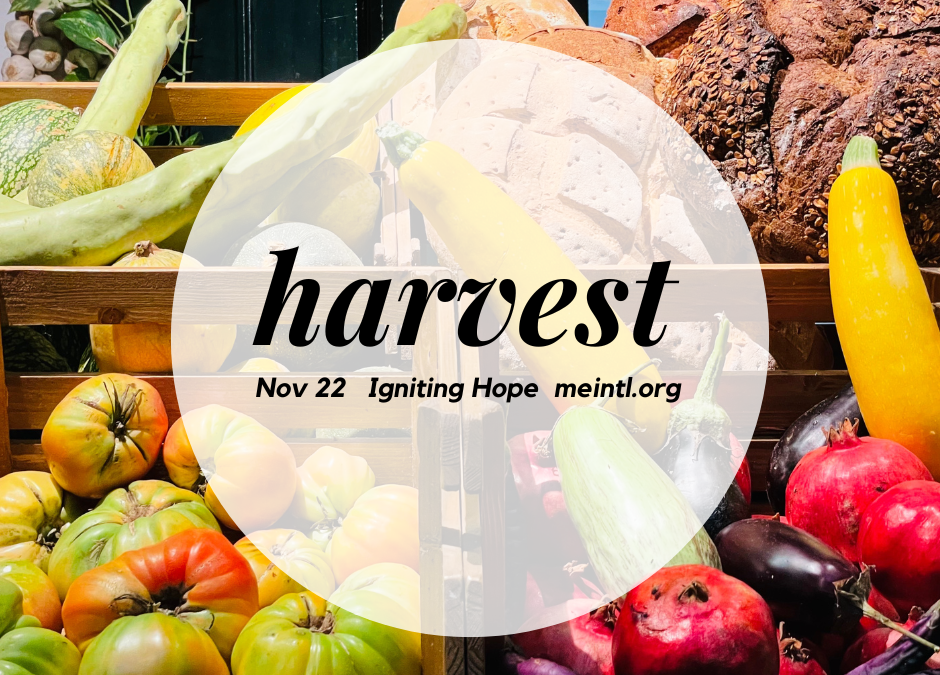After a time, the farmer goes out to check on the progress of his seed. He knows each one will grow in the way it has been made. Apple seeds will yield apples, carrots will yield carrots. What he doesn’t know are the unique nuances into which each piece of fruit will become.
The progress of growth can usually be seen – that part of the journey that shows we are no longer here but there. But the process of growth…that’s a bit different. How will the elements work together to form a ripe finish? What influences will make the fruit perfectly round or perhaps a little odd looking? What will shape its sweetness?
The process of growth is not so easily seen.
Most of us want to see our seeds progress and may at times push against the speed of growth. We often want to speed it up or slow it down. But that progress of growth we have very little, if any, control over. Process is a different story. We can amend the soil, watch the elements, add more water when the weather is particularly dry; put drainage in when rain is too much. We can spray for bugs and pull weeds to give growth its best context, the most fertile environment. But we do not know, even with all that influence and help, what the harvest will be.
How do you live with the not knowing? The putting in effort, the praying for the outcome, the hunger that exists, waiting for harvest day.
I wonder if we live on misplaced hope. Hope that the fruit will be beautiful, hope that it will be enough to carry us through our winter, hope that the work we did, and all that waiting, was not in vain.
What great desires.
What bad hopes.
How easy it is to get lost in our desires and needs. How easy to shift our gaze from the Master Gardener to the quality of food we so desperately want. A great harvest means we can rest, our bellies full, and worries gone for a time. Satiated and satisfied, we give thanks to God for the harvest… with the emphasis on the harvest.
But when what’s gathered is less than we expected, the fruit grainy and bland, the carrots small and skimpy, worry stays close, bellies still rumble, and work continues. Disappointed and sometimes angry at the futility of all that effort, we struggle to find the grace of gratitude.
And yet the text says, “When the grain is fully formed.” Fully formed, but not what we thought. Fully formed, but not enough. Fully formed and given to us as a gift different than we would have chosen. Different than we thought.
That is harvest. It’s a progress and a process we cannot control for an outcome we receive.
To whom am I looking for my harvest? Do I…will I receive the harvest God has given?
As we enter this Thanksgiving week, may we all sense God’s invitation, personal in the harvest he’s given to each of us, to lift our gaze from the fruit to his face. May we sense unequivocally his grace to be grateful no matter what. And may we offer him back the goodness he has offered us in letting us be in on his progress, his process, his growing of us.



0 Comments